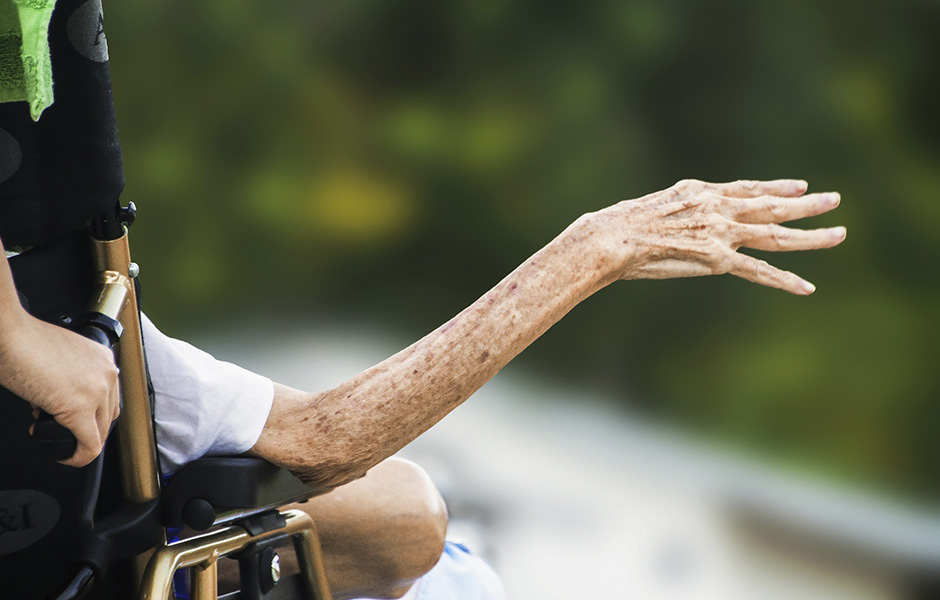Almost 60% of doctors are in favor of legalizing euthanasia in Portugal, according to a study by researchers from CINTESIS – Center for Health Technology and Services Research, published in the Revista Iberoamericana de Bioética.
The research, by Sofia da Silva, Luís Azevedo and Miguel Ricou, aimed at listening to the opinion of Portuguese doctors from different specialties, namely Anesthesiology, General and Family Medicine, Internal Medicine, Oncology and Psychiatry, regarding the practice and legalization of euthanasia. The professionals came from six hospitals and 15 health centers in the northern region of the country.
The results indicate that most doctors are in favor of legalizing euthanasia, especially those who are younger, with less professional experience and no religious beliefs. However, the opinion of doctors is strongly influenced by concrete scenarios presented to them. “The appeal to a concrete case is crucial to promote the acceptance of euthanasia”, explains Miguel Ricou, CINTESIS researcher in the field of Bioethics and Medical Ethics and professor at the Faculty of Medicine of the University of Porto.
Thus, while 55% agree with voluntary euthanasia scenarios (“in circumstances where the will of the adult with incurable / terminal disease, disabling, with unbearable pain or suffering is explicit”), less than 40% agree with involuntary euthanasia scenarios. Only 20% accept euthanasia in a “terminally ill adult who still enjoys a good quality of life”.
“These results show that the suffering manifested by the patient as a result of the disease is a more relevant criterion for doctors than respect for autonomy, even though the latter is a condition. For example, in scenarios where euthanasia occurs at the request of the family, tha is, of third parties, the procedure is considered unacceptable by most participants,” says the CINTESIS researcher.
According to the authors, this study reinforces the idea that, regardless of the apparent evolution of the concept of “good death”, “euthanasia is still a controversial topic, representing a medical and social problem in Portugal, and further studies on this subject are needed.”

